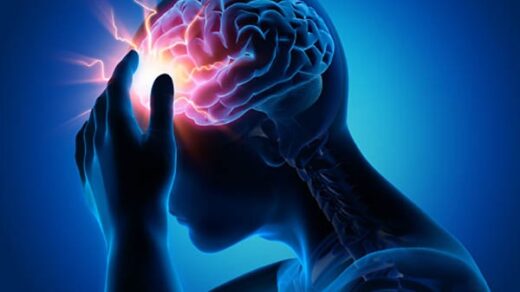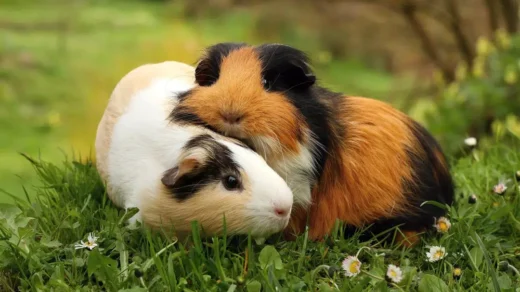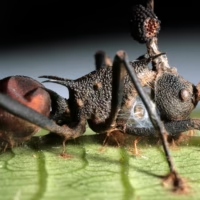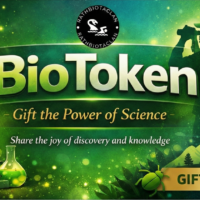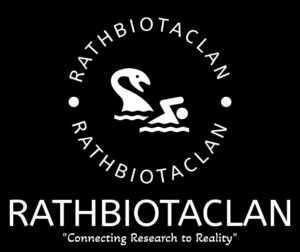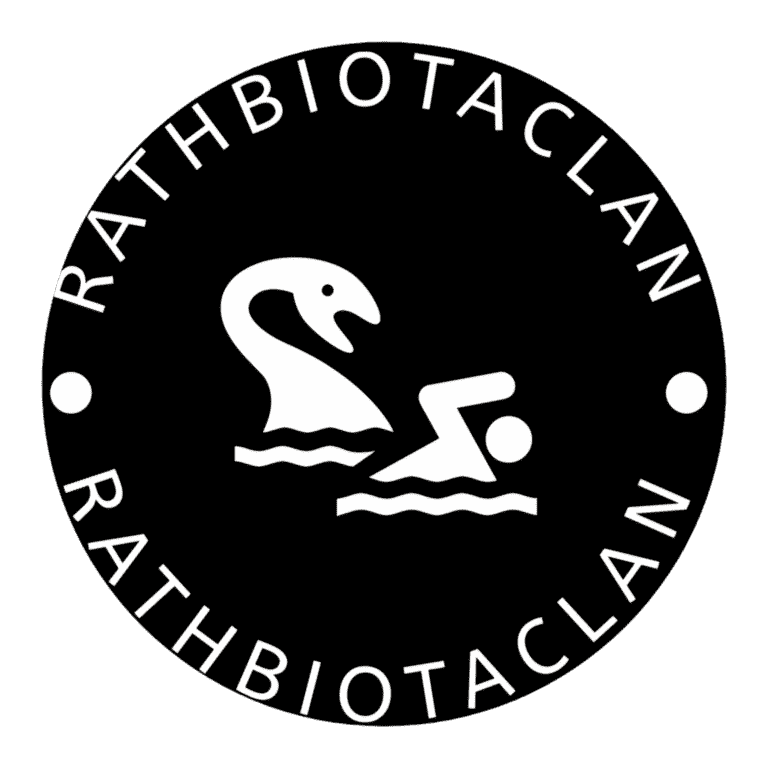Oxytocin role in friendship is crucial for understanding how social bonds form and strengthen. Often called the “love hormone,” oxytocin influences not only romantic attachment but also our ability to quickly form and maintain meaningful friendships. Also known for fostering attachment, closeness, and trust, this hormone surges during sex, childbirth, breastfeeding, and many everyday social interactions. Recent studies—especially those involving prairie voles—highlight oxytocin’s powerful role in friendship and its ability to shape and maintain deep social connections. These findings show that oxytocin not only speeds up bonding but also helps determine who we connect with and how lasting those relationships become.
How Oxytocin Speeds Up Friendship Formation and Social Bonding
Researchers at UC Berkeley used prairie voles to examine how the oxytocin role in friendship affects peer bonding. These small mammals make an ideal model for this study because, like humans, they form stable and selective social relationships.
In their findings, wild-type voles formed a strong preference for a peer within just 24 hours of close contact. In contrast, voles lacking oxytocin receptors (Oxtr 1−/−) needed nearly a week to develop the same bond. This delay clearly illustrates oxytocin’s crucial role in friendship for rapidly forming social ties.
Choosing Friends: Oxytocin’s Impact on Social Selectivity

Oxytocin’s influence extends beyond bonding speed—it also determines who we bond with. In group tests, voles with normal oxytocin function stayed near familiar peers, much like people gravitate toward friends at social gatherings. But voles without oxytocin receptors mingled randomly, showing no clear preference. This behavior suggests that the oxytocin role in friendship helps us filter and prioritize familiar relationships.
The hormone also affects social motivation. Female wild-type voles pressed a lever more often to access known friends or mates. However, receptor-deficient voles only exerted effort for mates—not peers—suggesting they didn’t experience the same social reward from platonic bonds.
Oxytocin’s Part in Defining Social Boundaries
Oxytocin doesn’t just pull us toward others it also defines social boundaries. Voles lacking oxytocin receptors avoided unfamiliar animals less often and acted less aggressively. This indicates that the oxytocin role in friendship helps distinguish between in-group and out-group members, mirroring human social dynamics.
Using cutting-edge nanosensors, scientists tracked oxytocin release in the brain. Voles without receptors released less oxytocin from fewer points in the nucleus accumbens—a key reward center. They also failed to compensate by producing more of the hormone, underscoring how essential the receptors are to proper function.
Comparing Oxytocin’s Effects on Friendships and Romantic Bonds
Previous research challenged the idea that oxytocin’s primary role lies in sex and parenting. Voles with deficient oxytocin signaling still managed to form monogamous bonds and parent successfully—although they took twice as long to connect with a mate.
This latest research emphasizes the oxytocin role in friendship as stronger for peer bonds than for romantic ones. Mate relationships seem to engage deeper reward systems, but friendships rely more on the hormone’s speed and selectivity functions. This insight could shift how we understand and value different types of relationships.
Oxytocin Role in Friendship Through Human Psychology
By studying prairie voles, scientists gain insight into human conditions like autism and schizophrenia, which often involve difficulties in forming social bonds. The research also sparks evolutionary questions: Did peer bonding emerge before romantic bonding in mammals?

Many vole species show strong friendship preferences, while only a few are monogamous. This pattern suggests that the oxytocin role in friendship may reflect a deeply rooted behavior with evolutionary advantages that precede mating strategies.
How Oxytocin Supports Mother-Infant Bonding and Stress Reduction
Oxytocin supports much more than social behavior. Produced in the hypothalamus and released by the pituitary gland, it plays vital roles in childbirth stimulating contractions and triggering prostaglandin release. After birth, it supports breastfeeding and helps forge the bond between mother and baby.

The hormone also helps reduce stress and supports mental relaxation. Through a positive feedback loop, it enhances emotional security. For example, a nursing baby triggers oxytocin release in the mother, promoting milk production and stronger attachment.
Natural Ways to Boost Oxytocin Levels
Although oxytocin supplements and nasal sprays haven’t shown consistent results (mainly because the hormone struggles to cross the blood-brain barrier), several natural methods can help increase its levels:
- Physical touch: Hugs, cuddling, massages, and intimacy release oxytocin.
- Exercise: Intense activities, such as martial arts, stimulate oxytocin production.
- Music and group singing: Engaging in music socially may elevate oxytocin.
- Eye contact and connection: Genuine emotional exchanges also trigger release.
Low oxytocin levels link to mood disorders, including postpartum depression, reinforcing the hormone’s mental health benefits.
Why Oxytocin Matters for Healthy Social Bonds
Oxytocin is more than a “feel-good” hormone—it’s a highly selective, fast-acting molecule that shapes the social fabric of our lives. From forming instant friendships to reinforcing group boundaries, it helps define who matters to us and why. Understanding the oxytocin role in friendship provides key insights into animal bonding and human social health—and may pave the way for future treatments for social disorders.
Reference
Oxytocin receptors mediate social selectivity in prairie vole peer relationships {Closed Access}
READ MORE:
TOPICS
- Mackerel Filter Traps 99% of Microplastics Before They Hit Your Drain
- Fetal Microchimerism: How a Baby’s Cells Stay With the Mother for Decades to Repair and Protect
- Zombie Ants Controlled by a Parasitic Fungus for 48 Million Years
- New Study Reveals how dark chocolate reduces biological aging
- New Limb Evidence Confirms Sahelanthropus tchadensis as the Earliest Hominin Biped
- How a 19 Year Old Became the Youngest Person to Face Alzheimer






